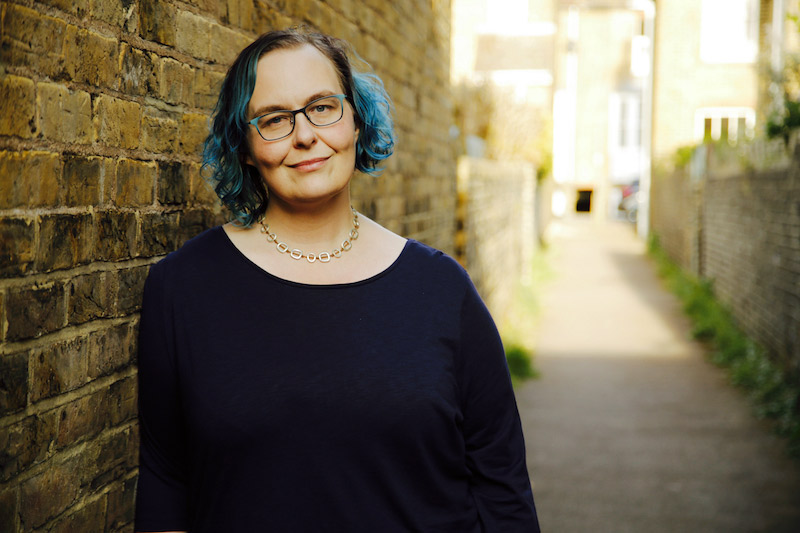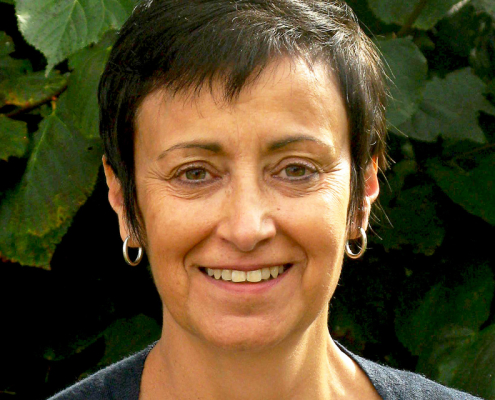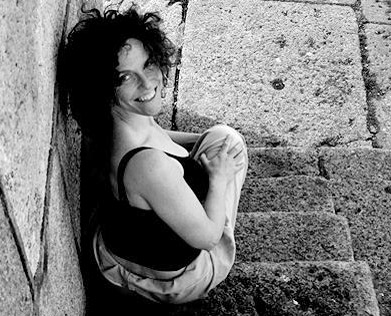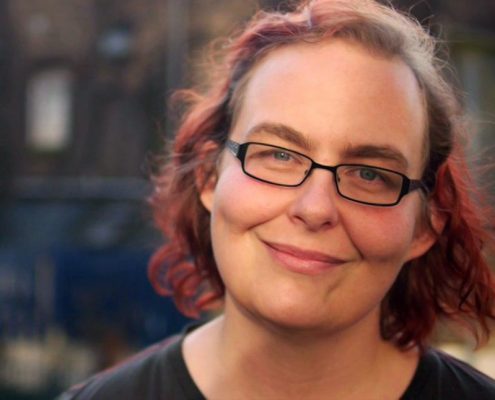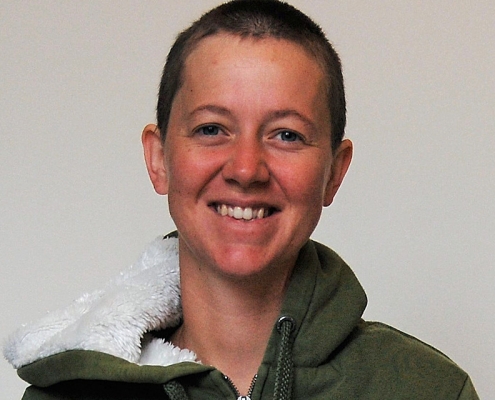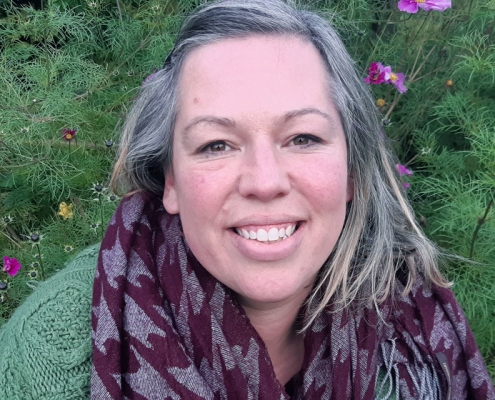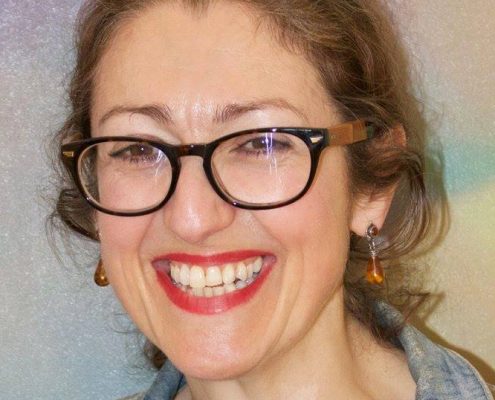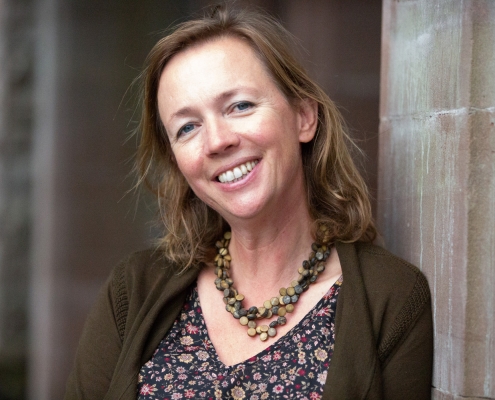Rai Waddingham
Areas of interest
- Open Dialogue
- Social Change
- Reform of the Mental Health System
Rachel Waddingham is a freelance international trainer and consultant specialising in innovative ways of supporting people who struggle with extreme states (including ‘psychosis’, ‘dissociation’ and post traumatic reactions). As well as having over 12 years of experience within the adult mental health field, she also has particular expertise in working with children, young people and people in prison who hear voices/see visions. Rai has completed her 3 year training as an Open Dialogue Practitioner, having worked within Open Dialogue UK’s clinic and an Open Dialogue Service in the NHS.
Rai believes passionately that people need a range of alternatives to help them deal with distressing experiences, and feels lucky to be able to use her personal and professional experience to create some of these. She is a trustee for the National Hearing Voices Network, Vice Chair of ISPS UK and an Executive Committee member of the International Society for Psychological and Social Approaches to Psychosis. From 2007 – 2015 Rai managed Mind in Camden’s London Hearing Voices & Distressing Beliefs Projects (including Voice Collective youth project and the London Hearing Voices Prisons Project). She is now part of Open Dialogue UK’s clinic and Kent & Medway NHS and Social Care Partnership Trust’s new Peer Supported Open Dialogue team.
Rai says: “I ended the last century in a psychiatric hospital, diagnosed with schizophrenia and with little hope for recovery. Seen as a ‘revolving door patient’ with a severe and enduring mental illness, I lived my label – not my life. I bought into the idea that schizophrenia (and the many other illnesses I was labelled with) were life-long mental illnesses. I accepted that the best I could hope for was to manage my symptoms with life-long psychiatric medication.
Through a combination of luck, the kindness of others and my own, not inconsequential, stubborn streak, I have finally ditched the psychiatric labels and see myself as a survivor. I choose to live alongside my experiences, rather than suppress them with large doses of medication. To me, they are not symptoms – but meaningful responses to a life that has thrown many challenges my way.”

